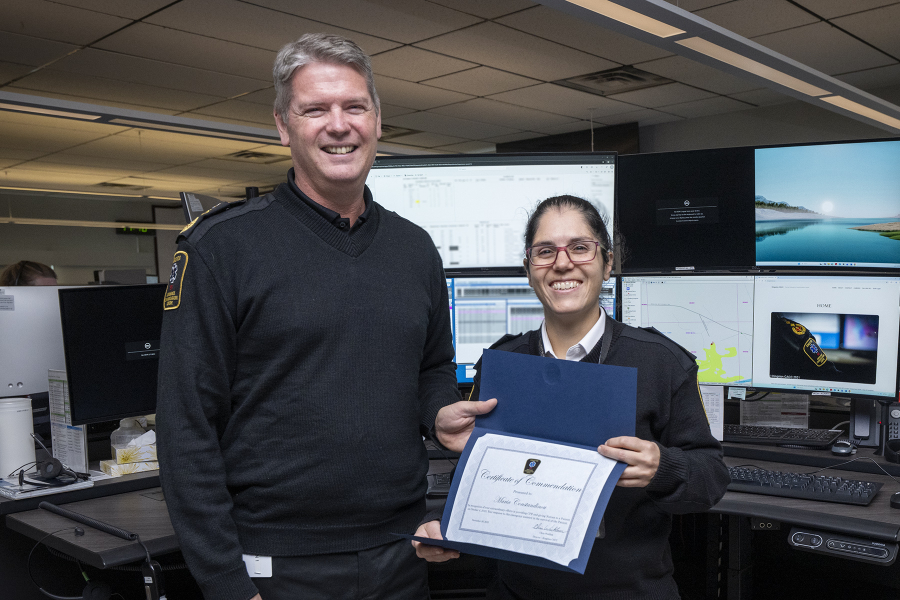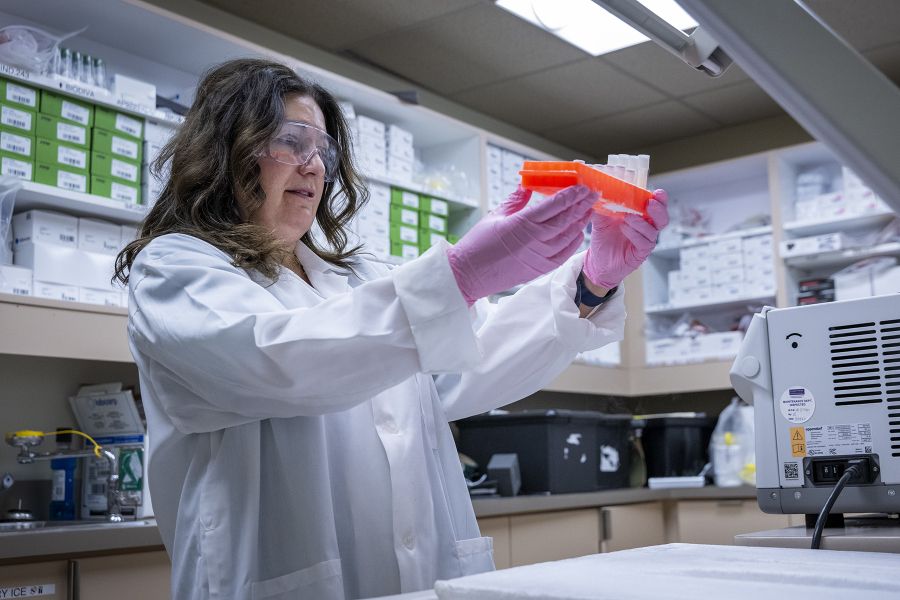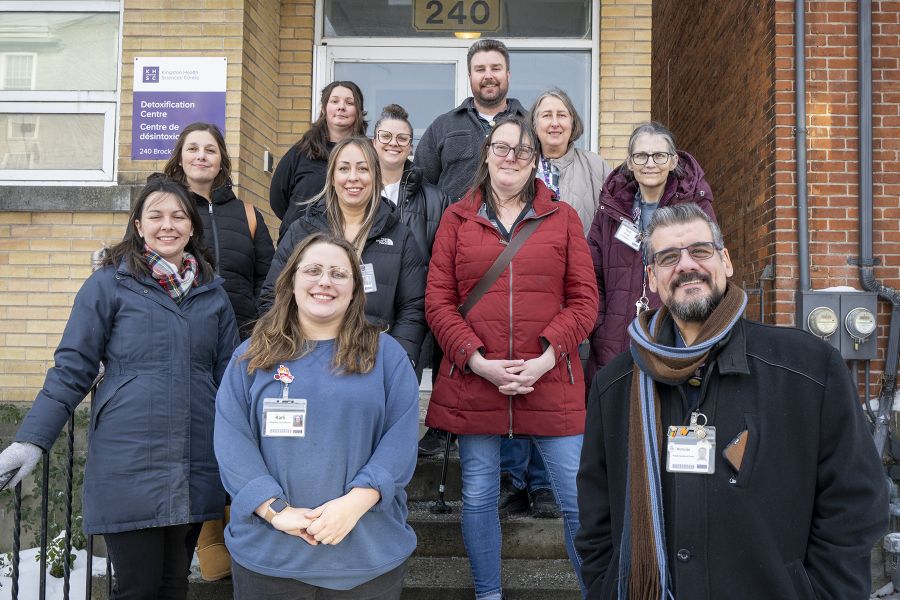Effective immediately masking is required for everyone when present on all inpatient units, in the Emergency Department (ED), the Urgent Care Centre (UCC), and the Children’s Outpatient Centre (COPC).
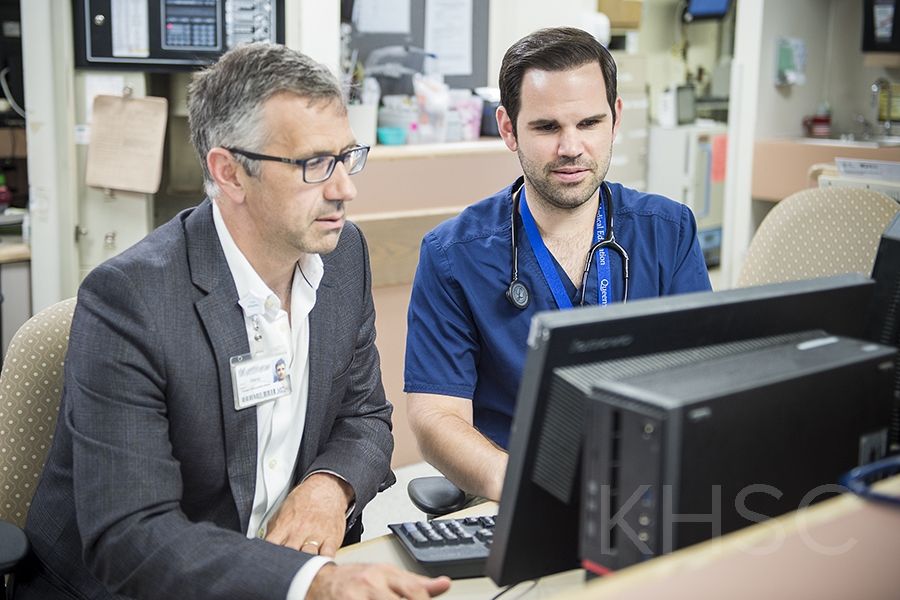
In just over a month, Kingston Health Sciences Centre will be welcoming about 130 new medical residents. Once they arrive, they will be spending the next several years with us, completing their training to become full physicians while helping care for patients and families at both our Hotel Dieu Hospital and Kingston General Hospital sites.
But this new class of residents will also be helping pioneer something new in medical education. They will be trained and assessed using a new model called competency-based medical education (CBME) and Queen’s University is the first school in North America to implement it across all of its specialty programs all at once.
“As educators, it’s our societal obligation to adapt our methods and find innovative ways to train the next generation of physicians,” says Dr. Damon Dagnone, Associate Professor in the Department of Emergency Medicine and faculty lead for CBME within Postgraduate Medical Education at Queen’s University. “We believe this new method will help ensure our graduates are kind, compassionate and above all competent physicians.”
The CBME system was created in partnership with the Royal College of Physicians and Surgeons of Canada and there are some key differences when compared to the current model. Under the current system, residents are required to spend a pre-determined amount of time in rotations across the hospital before they move on to the next one. In a CBME system, residents will instead be promoted when they have achieved competency in the clinical tasks and activities expected of them at each stage. They will also have increased opportunities to pursue personal learning goals and desired areas of excellence.
For the residents, this new system will potentially allow them to move through training in a more efficient manner. Some trainees will be able to complete their training more quickly, while others will have a chance to develop the competencies required at their own pace. Along the way they will also receive a lot more feedback and mentorship from their faculty supervisors and academic advisors to help them identify their areas of strengths and weaknesses and to create individualized learning plans.
“I wish I was coming in under this system,” says Dr. Jena Hall, a second year resident who is on the CBME Executive Team and Chair of the Resident Sub-committee. “Every resident will have a clearer picture of what’s expected of them and how they are progressing at each step. This will help them build competency and confidence in their abilities as physicians.”
To receive this real time feedback, the residents will each have an electronic profile inside a new online evaluation portal called MedTEch. It’s where their supervising physicians will enter regular assessments of their work to review.
This new electronic system was designed and built at Queen’s and is now ready to go at both KHSC sites thanks to a big investment in a new WiFi system at the Hotel Dieu Hospital site and an upgrade to the WiFi system already in place at the KGH site. The system is also online at Providence Care.
Training is now underway to show physicians and the incoming residents how to make the most of this new system. As an important next step, planning is also underway to allow other care team members to provide their feedback.
“Our goal is to eventually give all nurses and other allied health professionals access to this portal, so they to can share their feedback with residents as well,” says Chris Gillies, Director of Medical Affairs at KHSC. “Looking a bit further ahead, we are also excited about finding ways for patients and families to contribute their thoughts.”
Over the course of coming year, the Queen’s School of Medicine and KHSC will be working together and listening closely to any feedback received about the new CBME system to incorporate the incremental improvements in the system that will be required.
“This is a huge initiative but we feel very confident it’s going to be a success and a model for other universities and academic teaching hospitals to follow,” says Dr. Dagnone.
If you’d like to learn more about CBME, there are a range of resources available at meds.queensu.ca.
Gallery
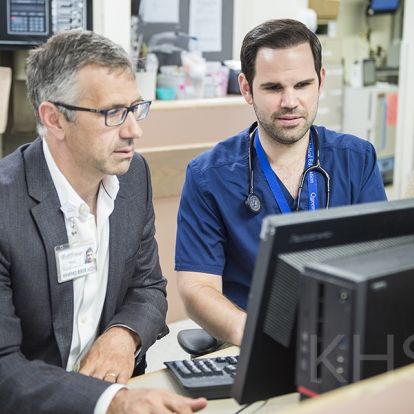
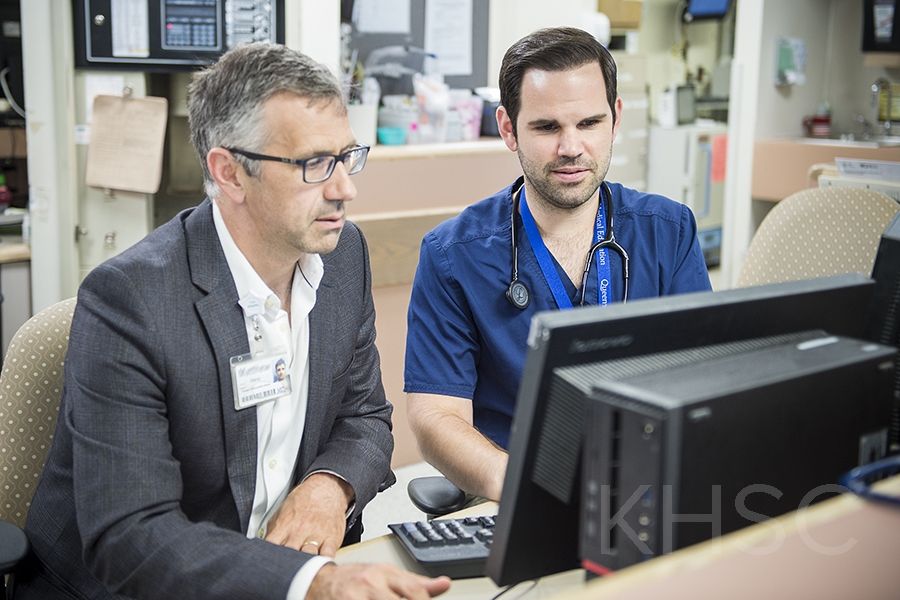
Dr. Damon Dagnone and resident Dr. Aaron Ruberto take a look at the new online system that will be used to provide feedback to residents

